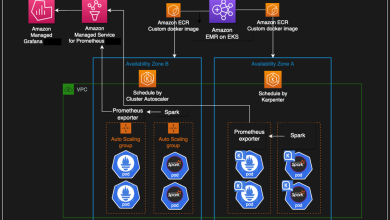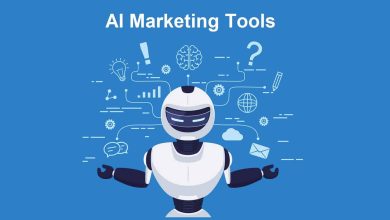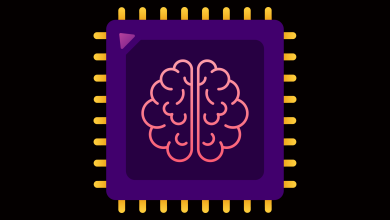
As higher education continues to navigate change, whether through policy reform, shifting to adapt to learner expectations or the expanding role of technology, one truth remains constant: educators are central to driving transformation and achieving outcomes. Their ability to embrace innovation and champion student success has never been more critical.
As we move through 2025 and beyond, AI literacy will be essential, with artificial intelligence (AI) driven adaptive learning poised to become a cornerstone in how universities respond to growing calls for more personalised, equitable, and impactful learning experiences. Institutions that lean into these capabilities will be better positioned to support diverse and flexible learners, increase attainment, and meet the evolving demands of a global economy.
Supporting every learner, at scale
With LLMs, educators are able to quickly develop content tailored to student engagement and performance. This content can then be assigned directly to students who need additional support. Similarly, students who are ready to move ahead may receive more challenging content to foster motivation and accelerate progress.
As the education landscape becomes more complex and student populations more diverse, the ability to provide scalable personalisation at pace will be critical. Adaptive learning brings us closer to the goal of equity in education – not just by making learning accessible, but by making it responsive to each learner’s journey.
Empowering educators through data
Many educators are already using AI-powered tools to simplify administrative workloads, automate feedback and track student progress more efficiently. Some platforms take this a step further by surfacing actionable insights about how students are interacting with content, where they’re struggling and when they may need intervention.
With intuitive dashboards and natural language interfaces increasingly embedded into virtual learning environments (VLEs), educators can query data easily, identify learning trends and personalise instruction without requiring technical expertise.
This kind of support is particularly valuable as institutions face continued pressure to improve retention, reduce dropout rates and demonstrate student outcomes. When implemented thoughtfully, adaptive learning becomes not just a technology upgrade, it becomes a tool for proactive, data-informed teaching.
Strengthening digital confidence in teaching
For adaptive platforms to reach their full potential, educators must feel confident using them. Upskilling staff to integrate adaptive learning into curriculum design, assessment and student interaction will be essential. According to a recent survey by the Digital Education Council in 28 countries, 39% of educators are happy to explore incorporating AI for predictive analytics for early intervention. However, 80% of faculty do not find their institutional AI guidelines in teaching comprehensive.
Professional development programmes should focus on both the technical and pedagogical dimensions of adaptive learning. Educators need opportunities to experiment with these tools, reflect on their impact and share insights with colleagues.
Equally, as AI becomes more embedded in education, AI literacy for staff and students alike will be critical. Institutions must ensure that adaptive technologies are implemented ethically – guarding against bias, ensuring ethical use and transparency in how decisions are made and preserving the role of the educator as a trusted guide.
Personalisation without losing the human touch
While adaptive systems offer enormous potential for enhancing learning, they are most effective when they complement, not replace, the human elements of teaching. Learners still need mentorship, connection and critical dialogue, especially as they develop higher-order thinking and navigate complex topics.
By handling routine tasks and providing targeted scaffolding, adaptive platforms can free educators to focus on the moments that matter most: mentoring, encouraging curiosity, and supporting holistic development.
In this way, adaptive learning represents not a replacement for academic staff, but an opportunity to reclaim their time and creativity in the lecture or seminar room.
Looking ahead to a more responsive higher education sector
As we continue through 2025, higher education institutions will face increasing expectations from students, regulators and employers to demonstrate impact, flexibility and value.
AI-powered adaptive learning offers a pathway toward more inclusive, responsive, and future-ready teaching. It aligns with the shift towards flexible learning models and lifelong education, helping universities better serve students at every stage of their journey.
At Instructure, we see growing momentum across the UK and Europe, as universities explore how platforms like Canvas can support adaptive capabilities, integrate with AI tools and deliver more tailored learning experiences at scale.
A future worth building
Higher education is evolving, and adaptive learning will be a defining part of this transformation. By embracing this approach, institutions can provide students not only with access to education but with a learning experience that adapts to their strengths, supports their challenges and prepares them for success in a rapidly changing world.
Through thoughtful adoption of technology, commitment to AI literacy, and continued investment in educators, we can build a more flexible, equitable and empowered future for higher education.





